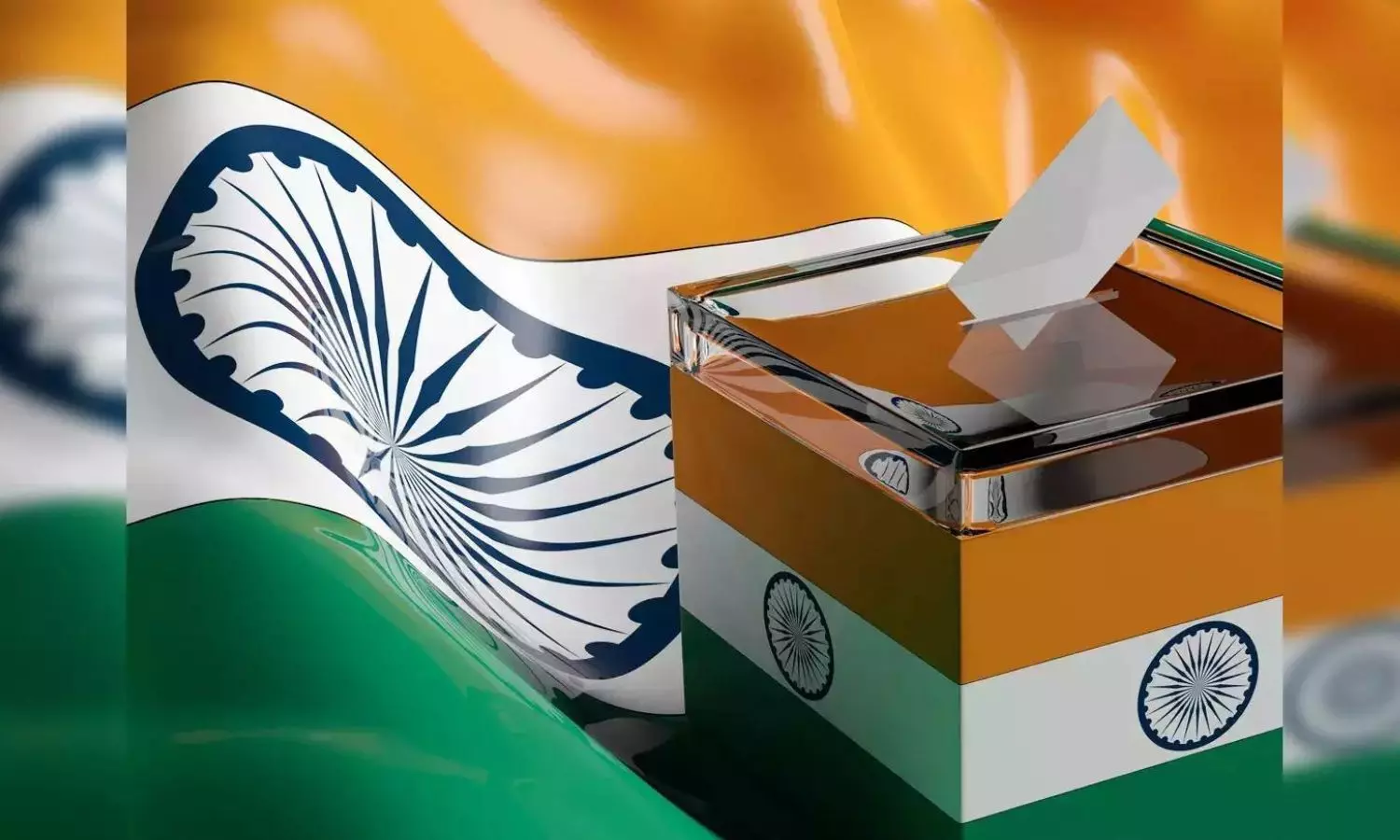General Elections 2024 - Key Aspects of India's Voting System for Kids
Learn about India's general elections and the voting process. Understand the role of political parties and the Election Commission in democracy.
image for illustrative purpose

India is gearing up for its general elections, where citizens will elect members for the 18th Lok Sabha over seven phases from April 19 to June 1. In the first phase, 21 states will vote for 102 out of 543 Lok Sabha seats, with a total of 1,625 candidates in the running, including 135 women. The votes will be tallied on June 4.
Voting is a crucial aspect of democracy, granting citizens the power to shape their society and hold leaders accountable. Through voting, people express their preferences, ensuring their voices are heard in governance. Here are the details of the Democracy Voting System for Kids.
To cast a vote, citizens must follow guidelines from the Election Commission of India -
Check name on the voter list and present ID proof
Get finger inked and sign Form 17A
Deposit slip, show inked finger, and proceed to the polling booth
Record vote by pressing the ballot button on the Electronic Voting Machine
Verify vote on the VVPAT machine and press NOTA if none of the candidates are preferred
The Election Commission of India oversees the electoral process, ensuring free and fair elections. Established in 1950, the ECI conducts elections at various levels and enforces the Model Code of Conduct to maintain fairness.
Political parties like the Indian National Congress, Bharatiya Janata Party, and Aam Aadmi Party field candidates in elections. Each party has its symbol, such as the lotus for BJP and a hand sign for Congress.
Understanding Democracy and Voting
Voting is a crucial aspect of Indian democracy, granting citizens aged 18 and above, irrespective of their background, the right to participate in shaping the nation's future. The Voter ID card acts as a pivotal proof of identity, while Electronic Voting Machines ensure the integrity and efficiency of the voting and counting procedures.
Participation in elections empowers citizens to engage in the democratic process, guaranteeing the protection of their rights and amplifying their voices. Through voting, individuals contribute to shaping the future of their nation.

